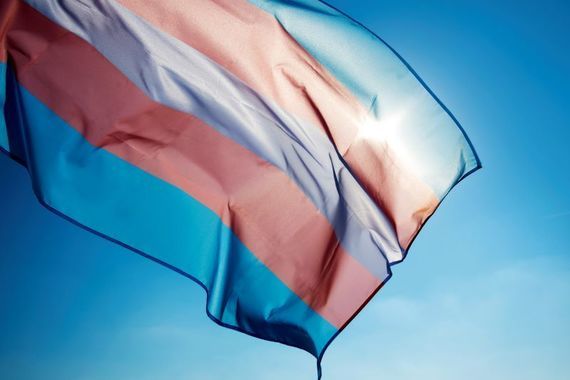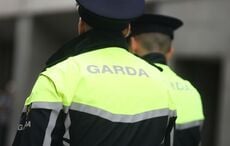An association of Catholic primary schools has written to the Irish Government arguing that students should not be taught what it means to be transgender.
The Catholic Primary Schools Management Association (CPSMA), which represents 89% of primary schools in Ireland, is challenging the views expressed by Children's Minister Roderic O'Gorman, who recently told the Irish Independent that children should be taught more about what it means to be transgender.
The CPSMA reportedly issued a letter to O'Gorman and Ireland's Minister for Education Norma Foley in late January.
According to the Irish Independent, the CPSMA said in its letter that teaching primary children “what it means to be transgender would require to teach something about which there is neither a scientific nor social consensus to highly impressionable young children."
It would be “counterproductive, generating unnecessary divisions in school communities where none now exist," the group said, adding that “more seriously, it might add to a growing psychological contagion amongst young and vulnerable children."
The group added: “We believe a more prudent and sensible policy is to teach children to respect every human being and to allow children to be children.
“We should not prematurely introduce children to complex and sensitive topics around which there is no scientific or medical consensus.”
The CPSMA argued that there "is no scientific consensus on the cause [or causes] of gender dysphoria and there is currently an intense international debate on the appropriate treatment of children with gender dysphoria.
“For example, the affirmative care model has recently been rejected in Sweden, Finland, the Netherlands, and the UK.
“Secondly, there is mounting evidence of psychological contagion. In the UK the numbers of children referred to the Gender Identity Development Service (GIDS) rose from 50 a year in 2009 to 25,000 in 2020.
“Significantly, this increase in referrals was accompanied by a change in the case-mix from predominantly birth-registered males with gender incongruence from an early age, to predominantly birth-registered females presenting with later onset of reported gender incongruence in early teen years.
“In addition, approximately one-third of children and young people referred to GIDS have autism or other types of neurodiversity.”
CPSMA general secretary Seamus Mulconry said that the association has worked with a significant number of schools “to ensure children who are gender questioning are treated with respect, consideration and support as they navigate these issues."
Mulconry added: “It is not, in general, a major issue or source of controversy in our schools.
"However, CPSMA believe that it is neither prudent, nor age-appropriate, to attempt to teach primary school children about ‘what it means to be transgender.'"
BeLonG To, a charity representing young LGBT people, said it was "very disappointed" by the CPSMA's calls for children not to be taught about transgender issues.
The charity said children as young as six or seven can know that they are LGBT, adding that educating children about transgender issues can help trans children feel safe and included in their schools.
Moninne Griffth, the charity's CEO, told Newstalk Breakfast that there is no harm in ensuring that children feel safe at school.
"What I am concerned about is the safety of children," Griffith told Newstalk Breakfast.
"I know from talking to teachers and parents all over the country that there are young people as young as six and seven who know they are LGBT.
"It is a small number but what is the harm in making sure that they feel safe and included in their school?"
Meanwhile, Taoiseach Leo Varadkar said: "I think the purpose of the education system is to prepare children for life and to teach them about the world.
"Trans people exist. They have always existed and I think it makes more sense in schools to just inform children about the world around them.
"This does not have to be a value judgment as to whether it is right or wrong.
"But it just makes sense to me that education is about teaching children about the real world. Trans people exist in the real world so why not just give them information and facts?
"It does not have to be a value judgment in either direction to challenge anyone's personal or religious opinions."




Comments